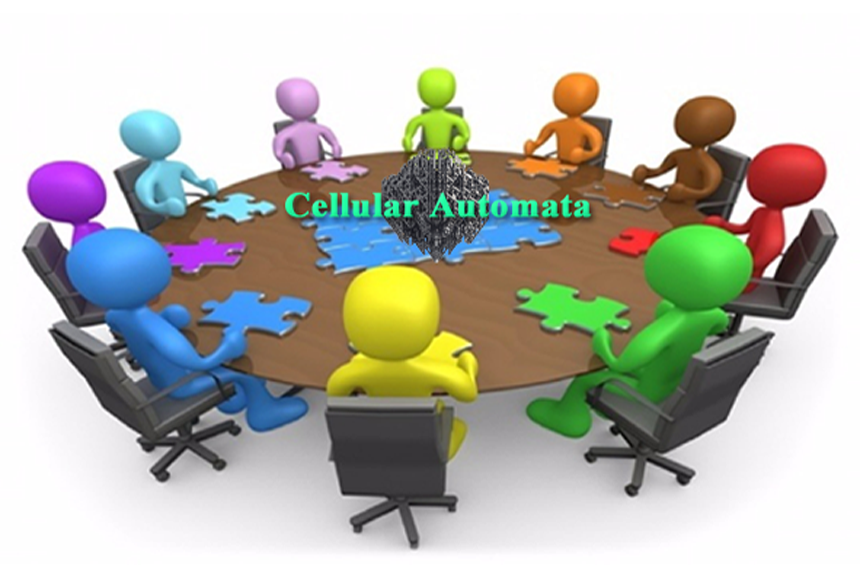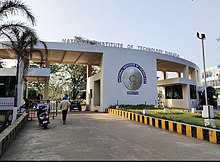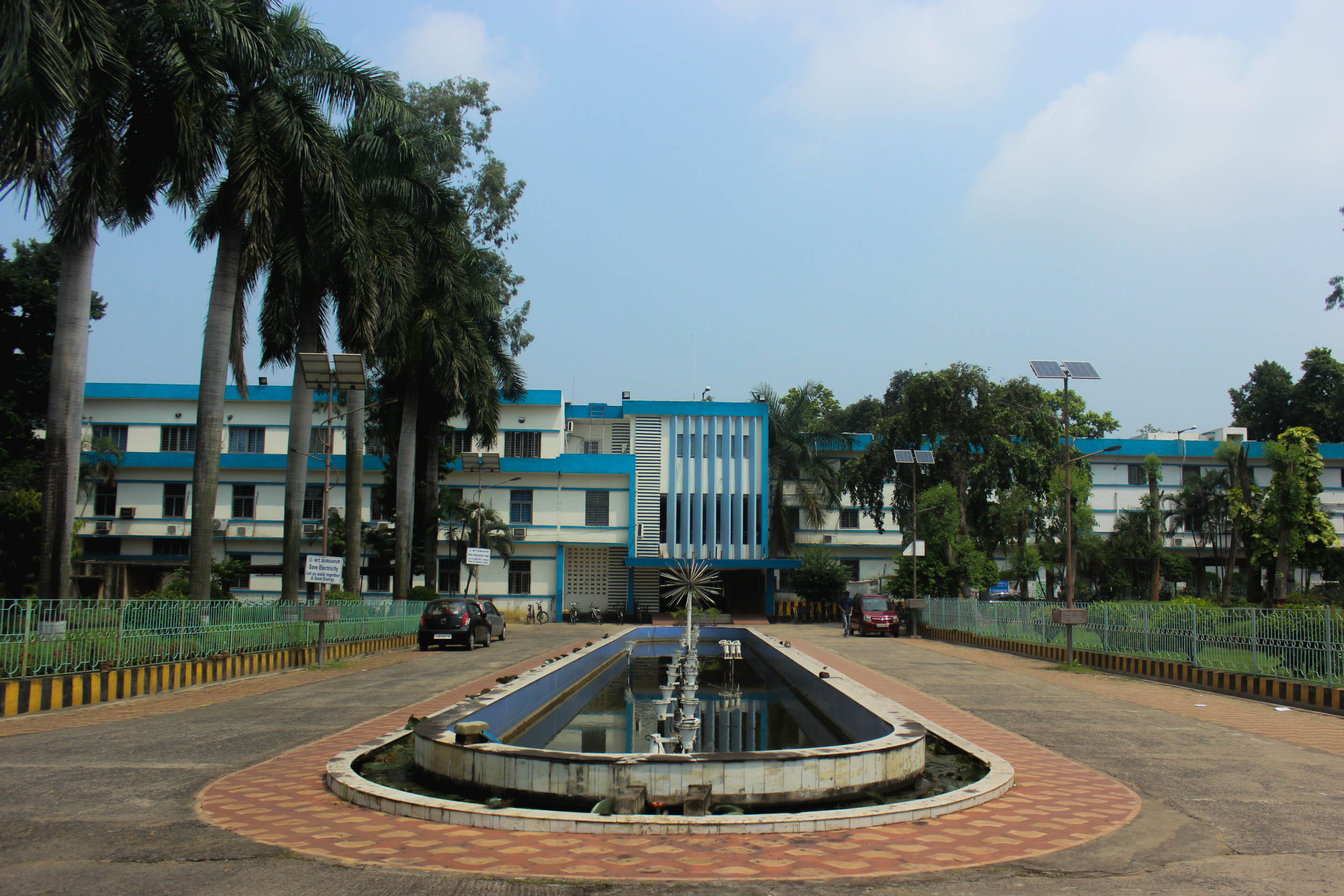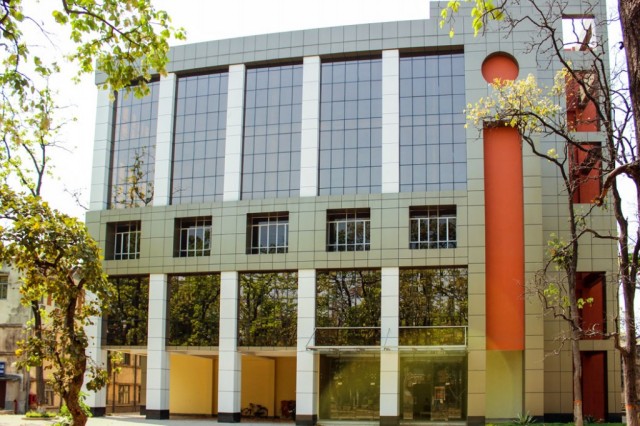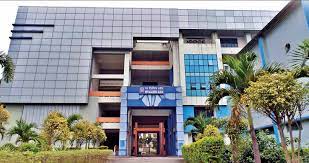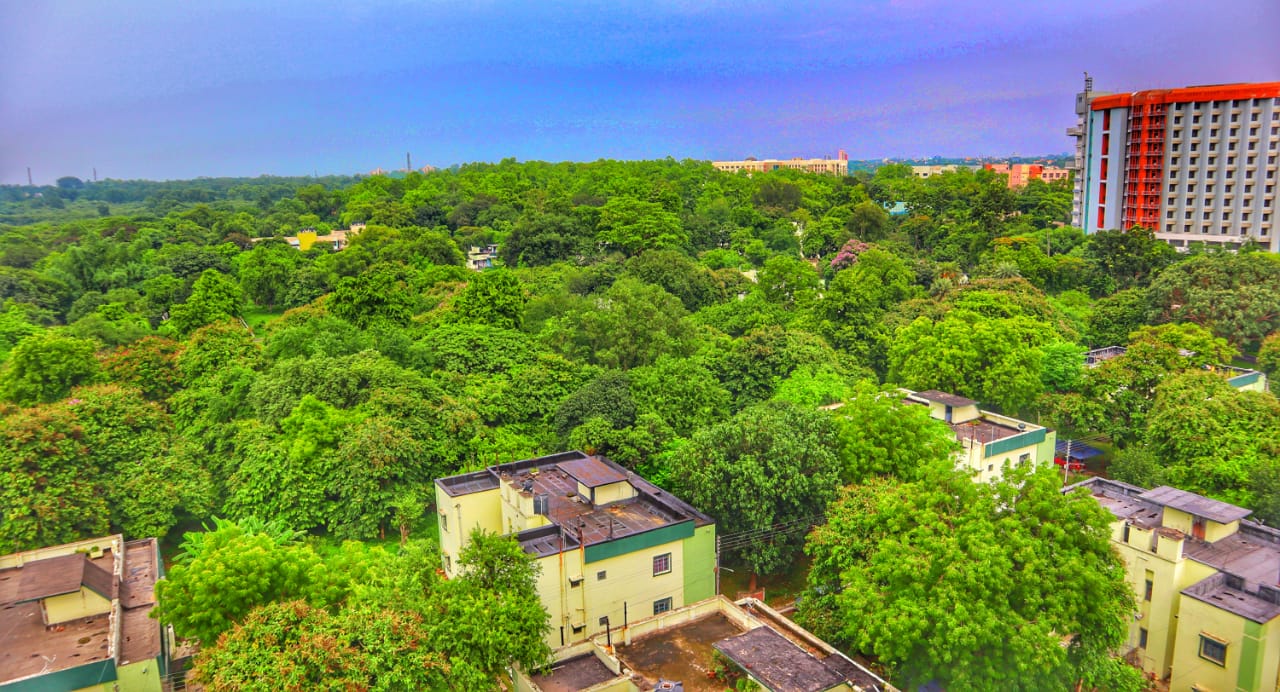Welcome to ASCAT 2024
Aims and Scope of the Conference: The symposium aims two-fold: to nurture cellular automata theories and explore cellular automata as technology.
Download Call for Papers (PDF) RegistrationSubmissionTravel and Hotel InformationASCAT 2024 Conference Live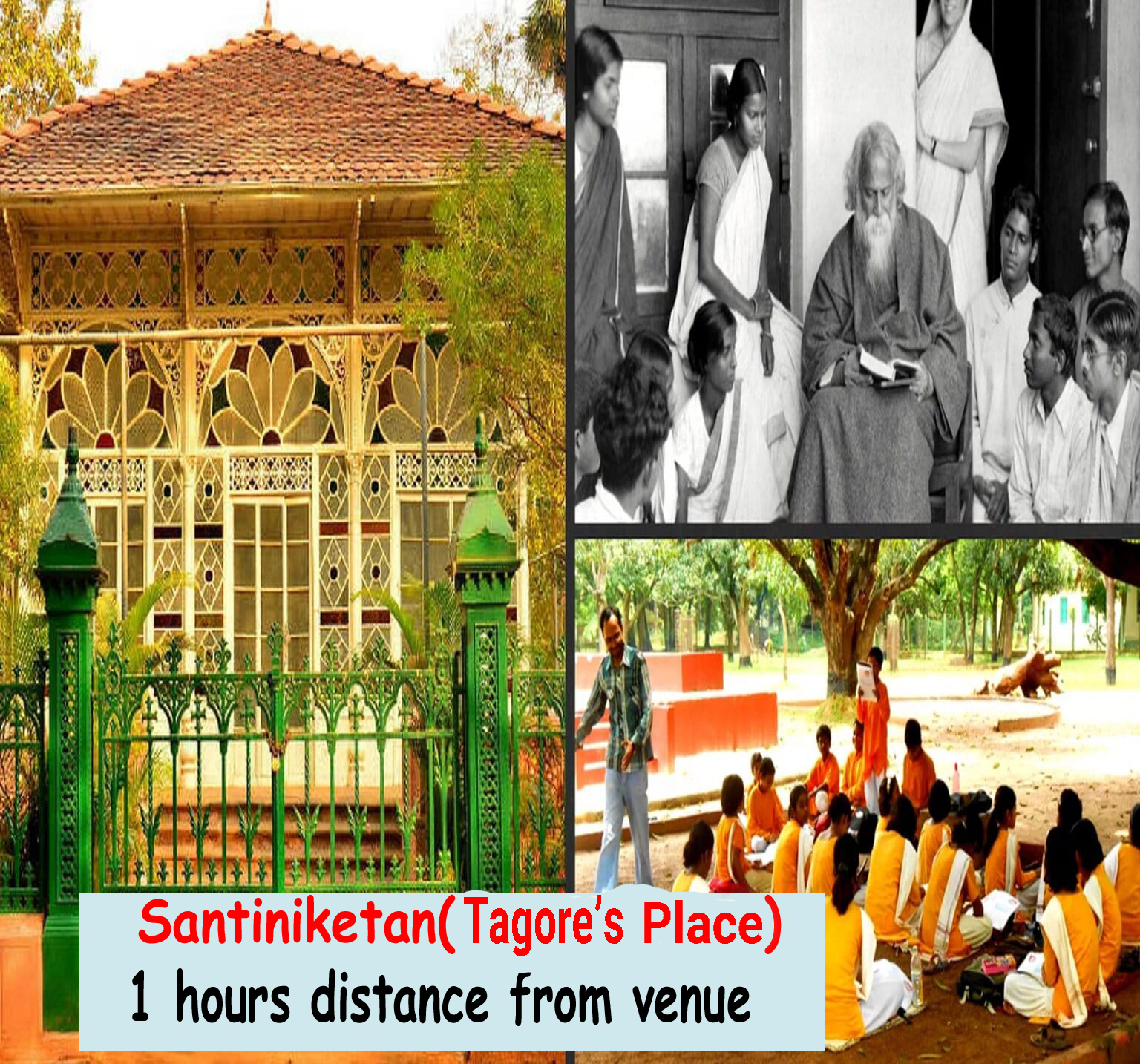
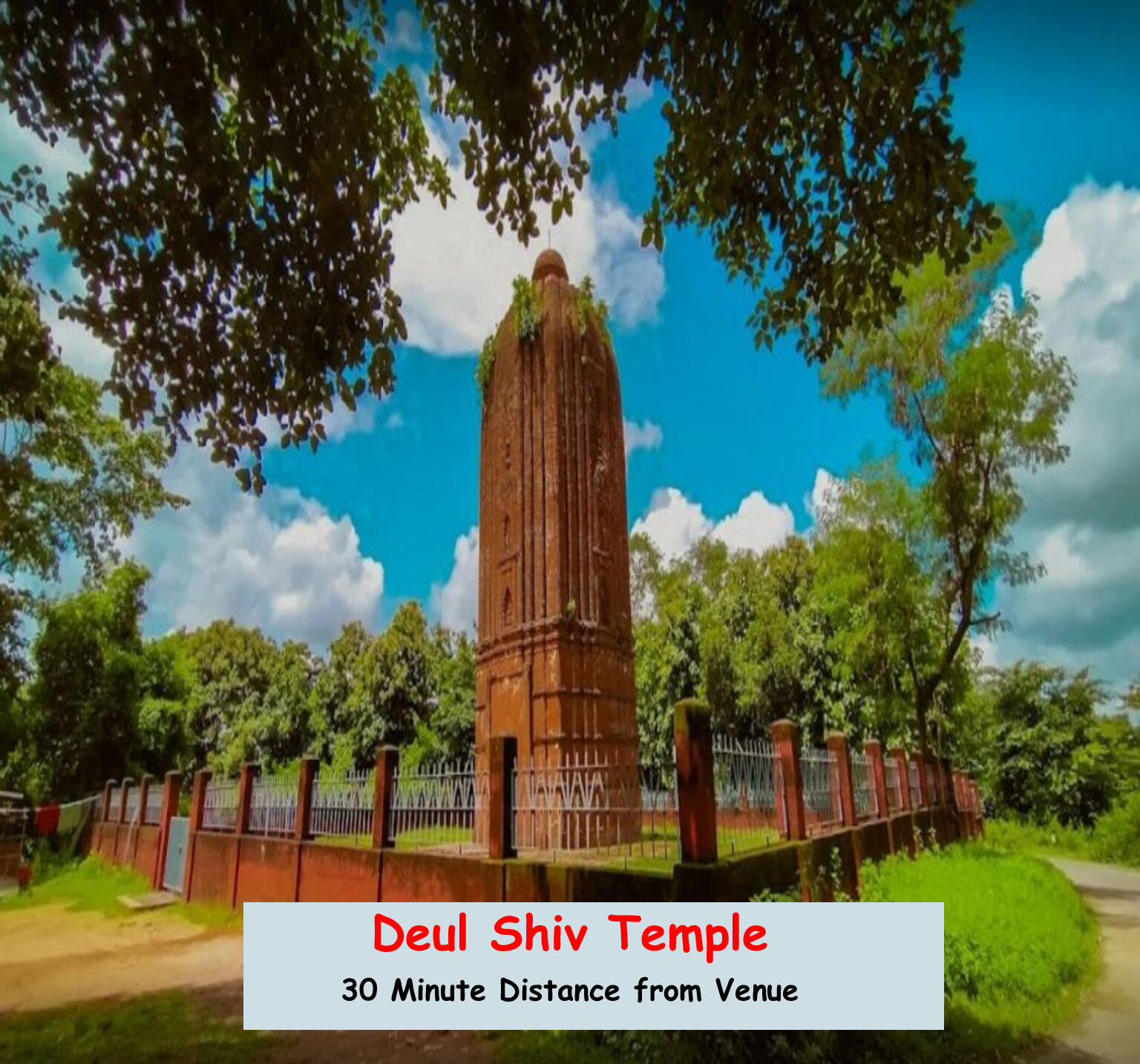
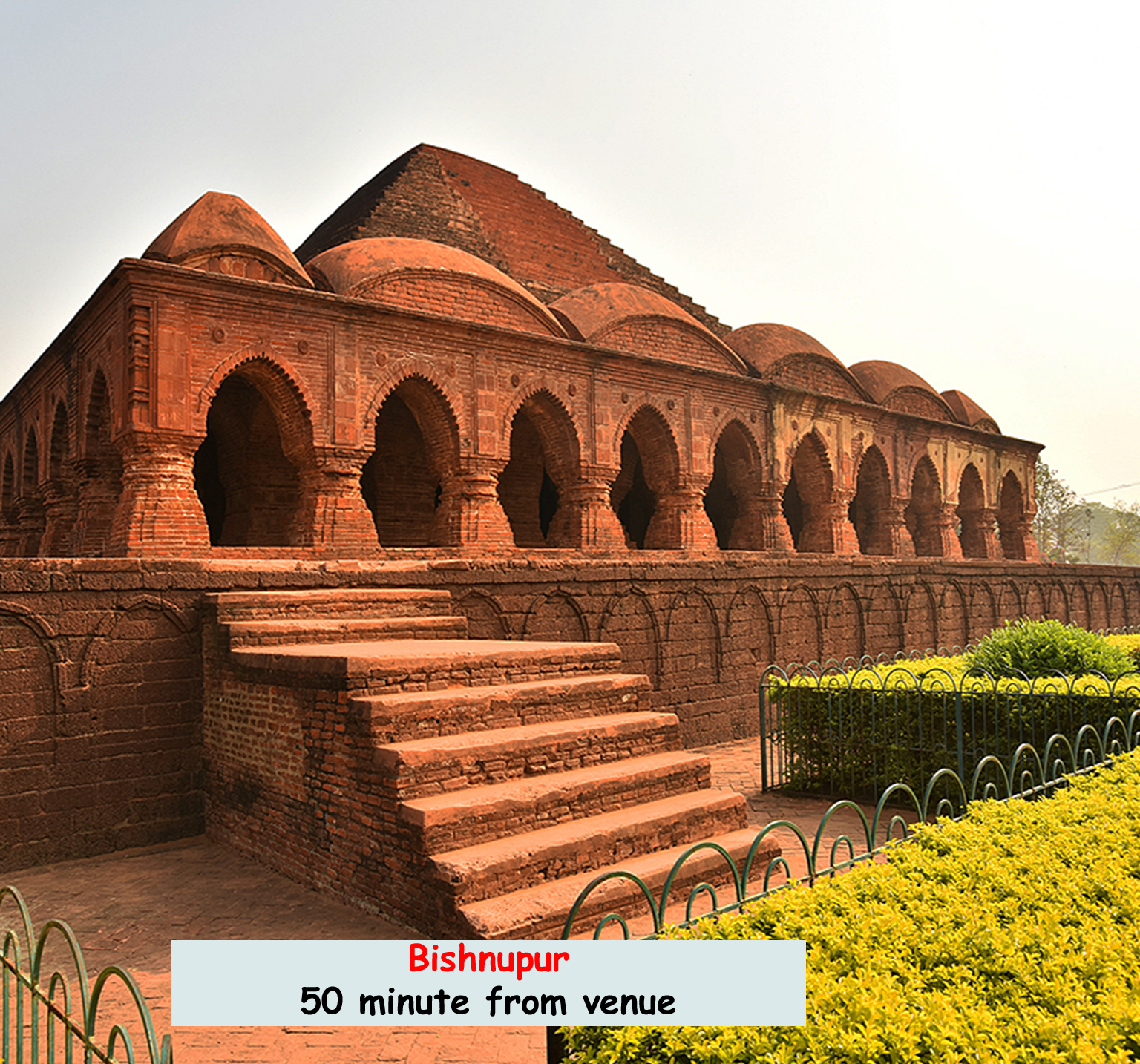
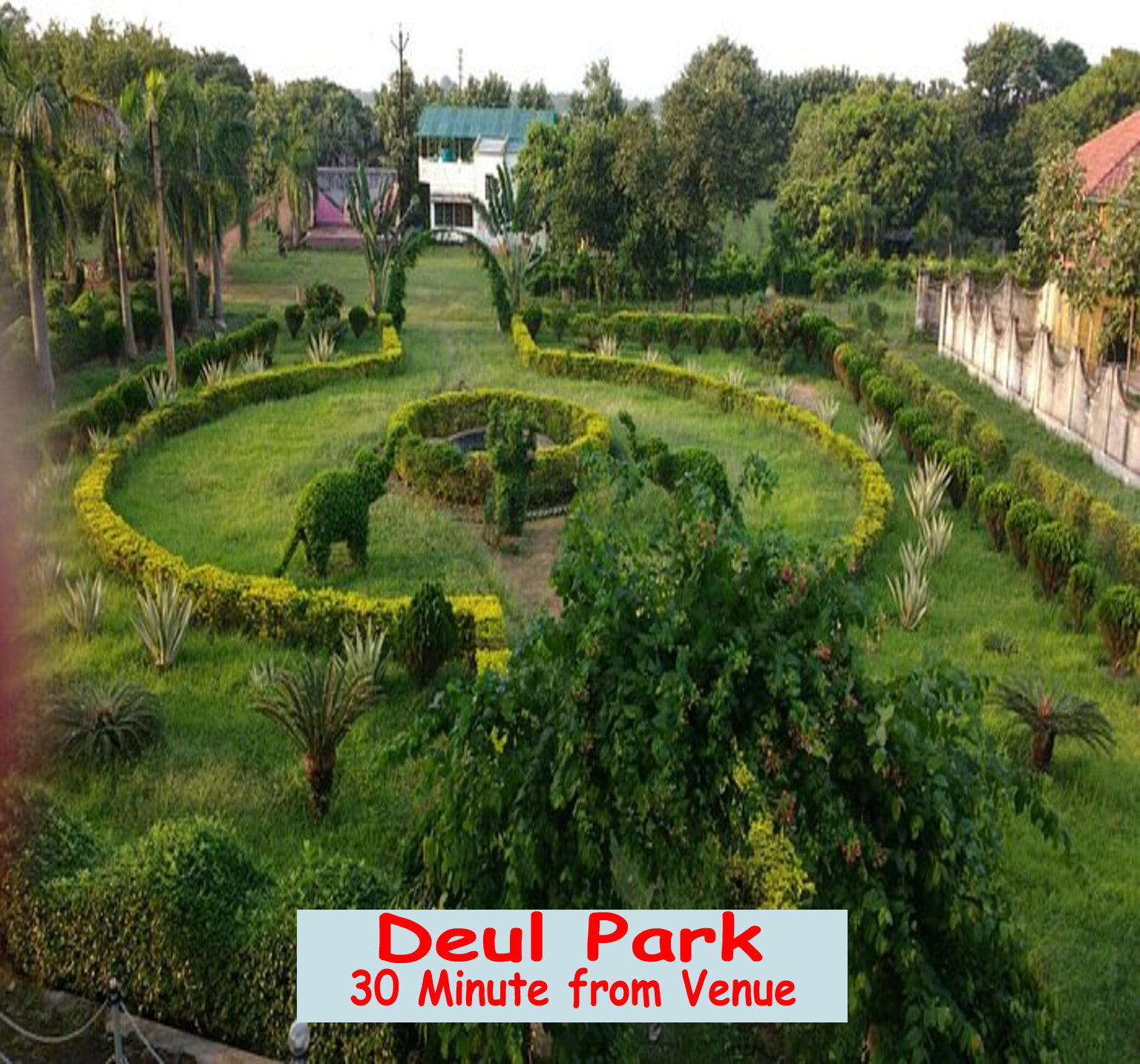
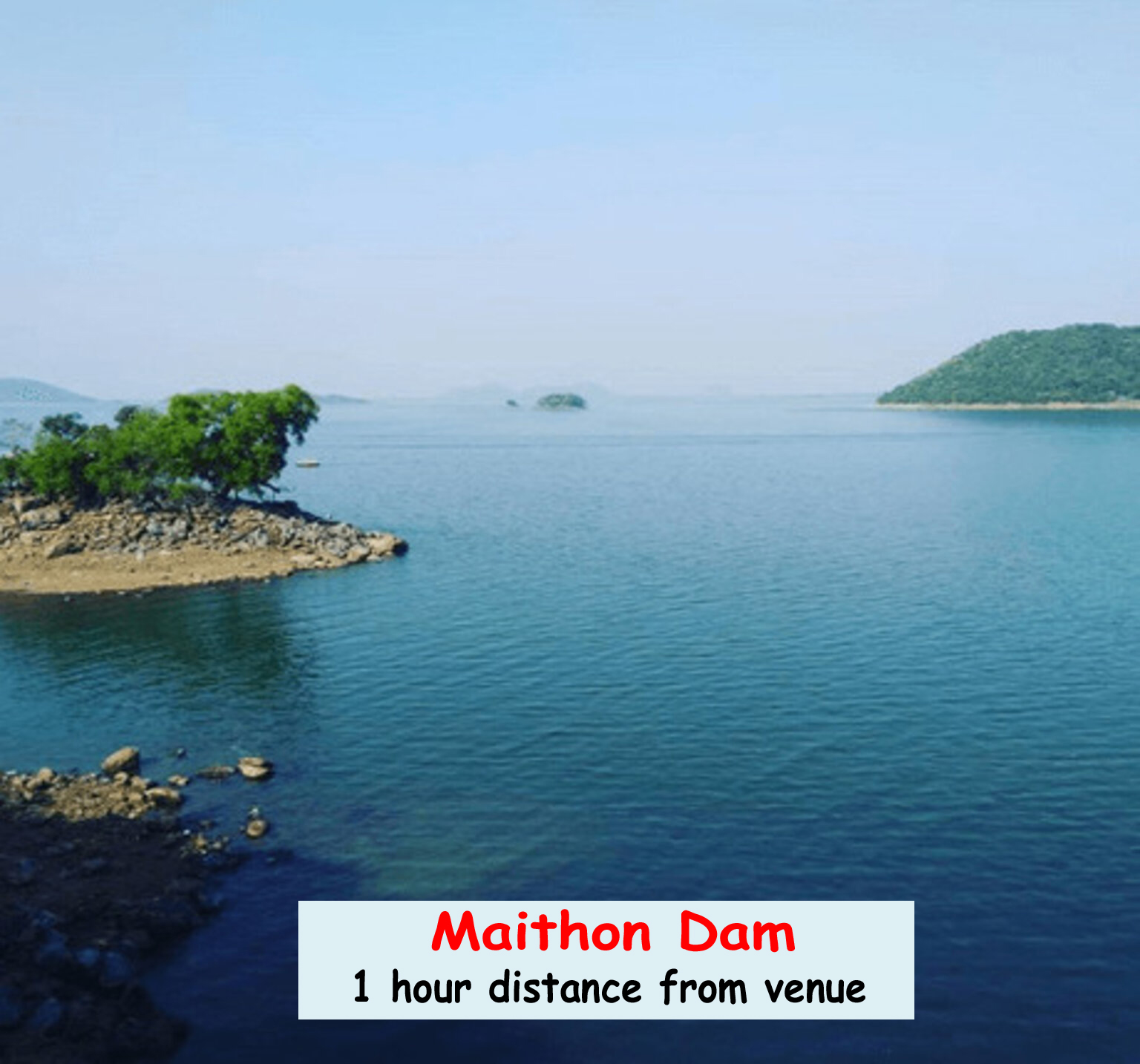
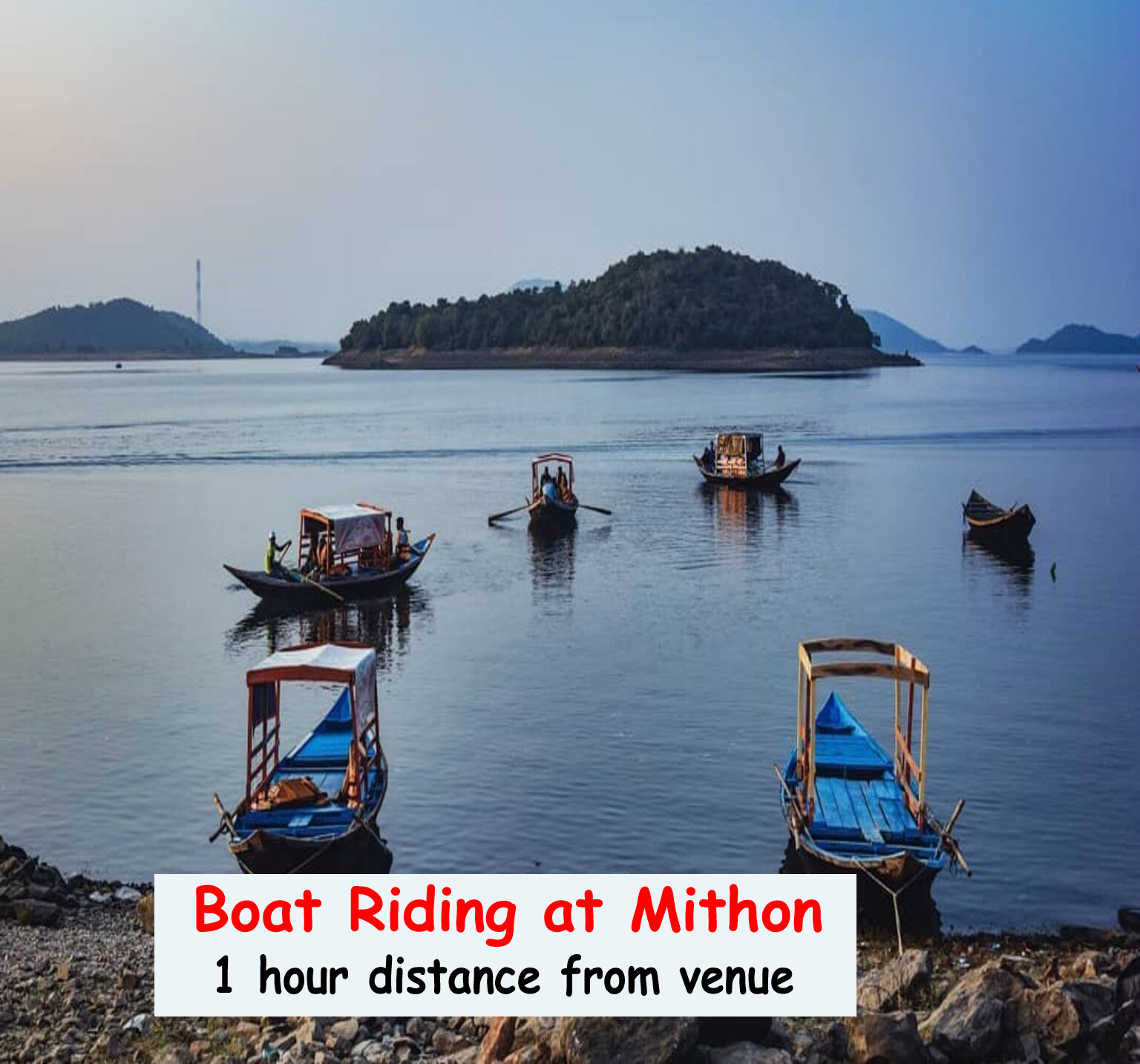
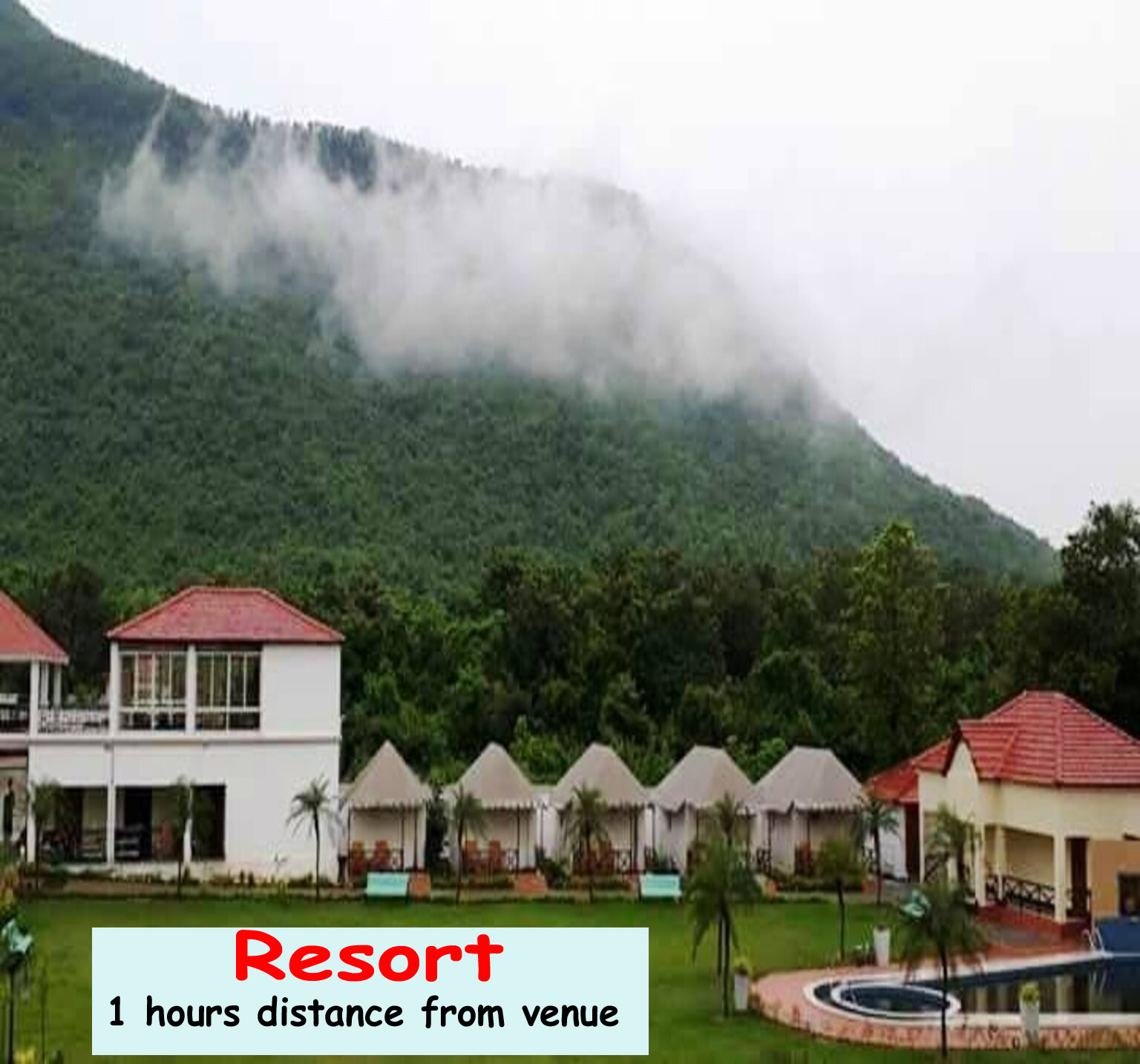
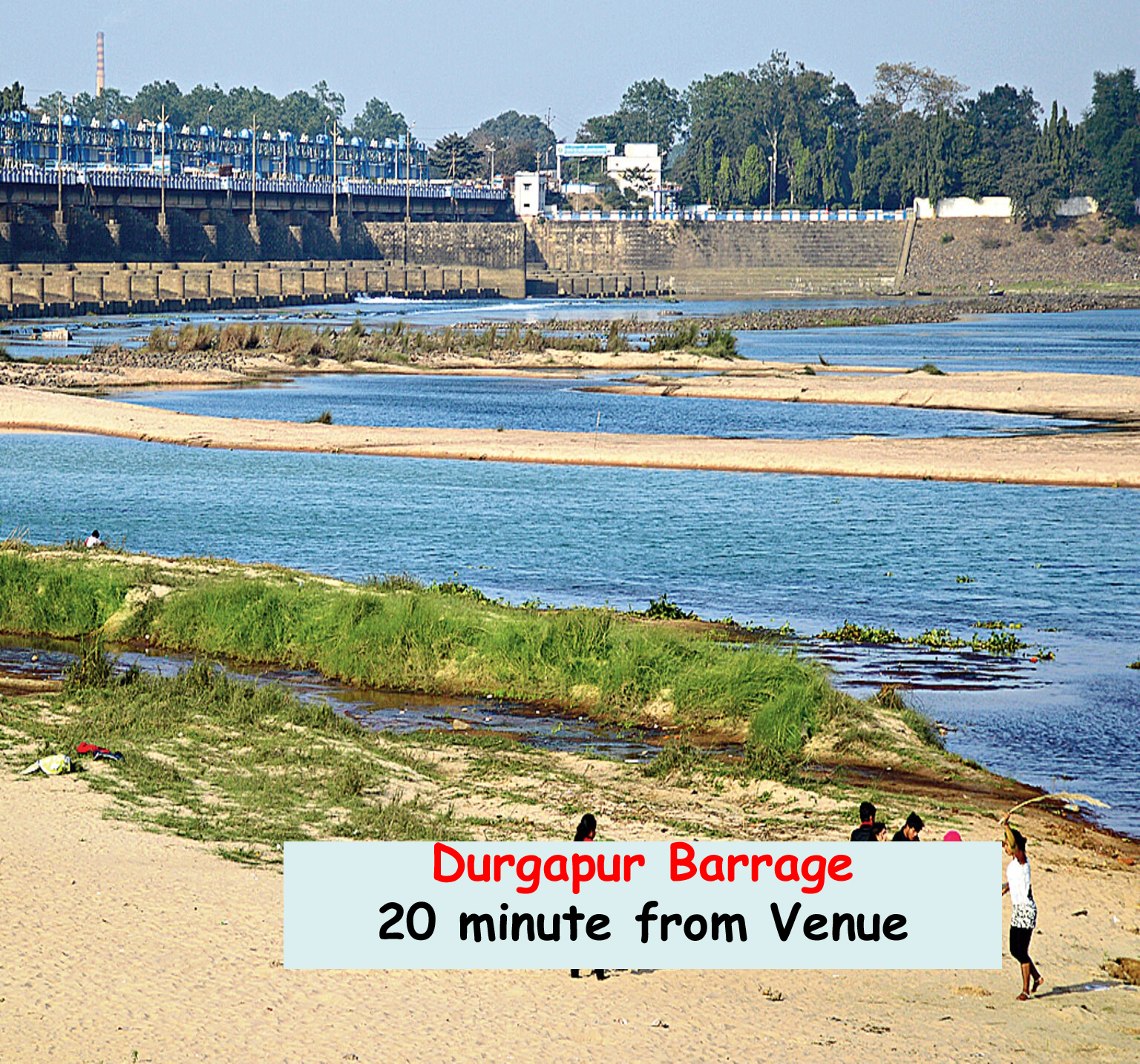
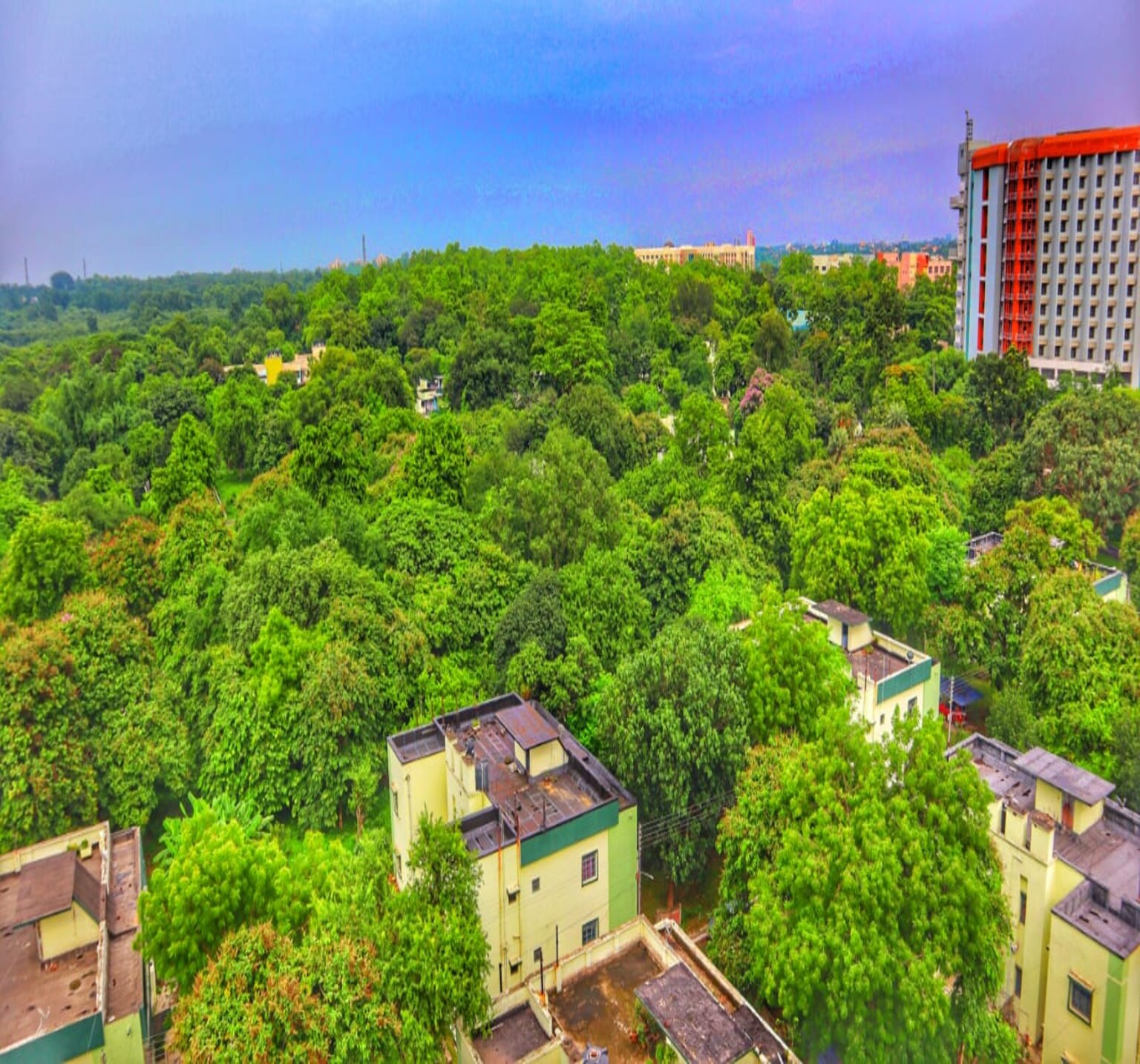
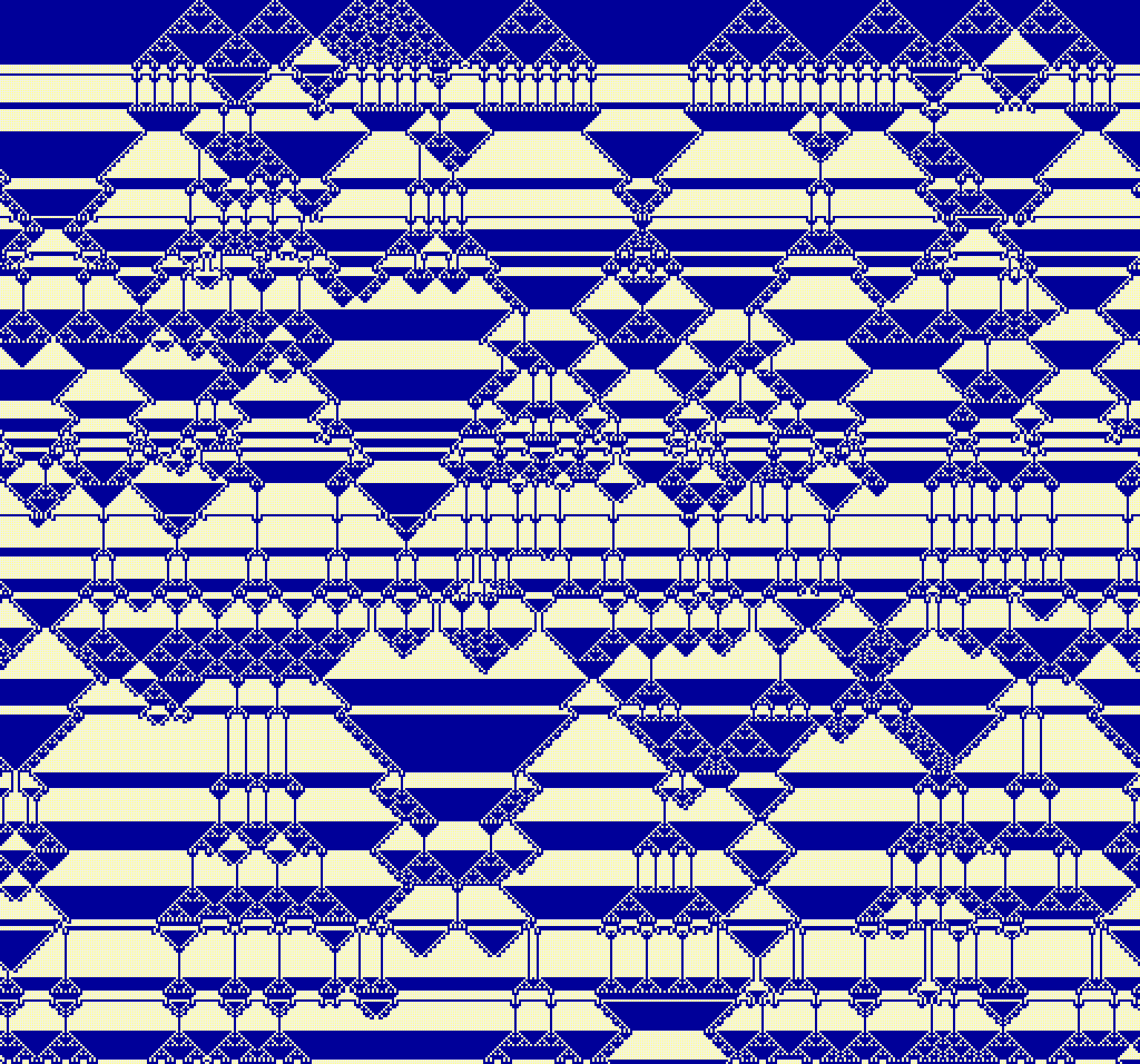
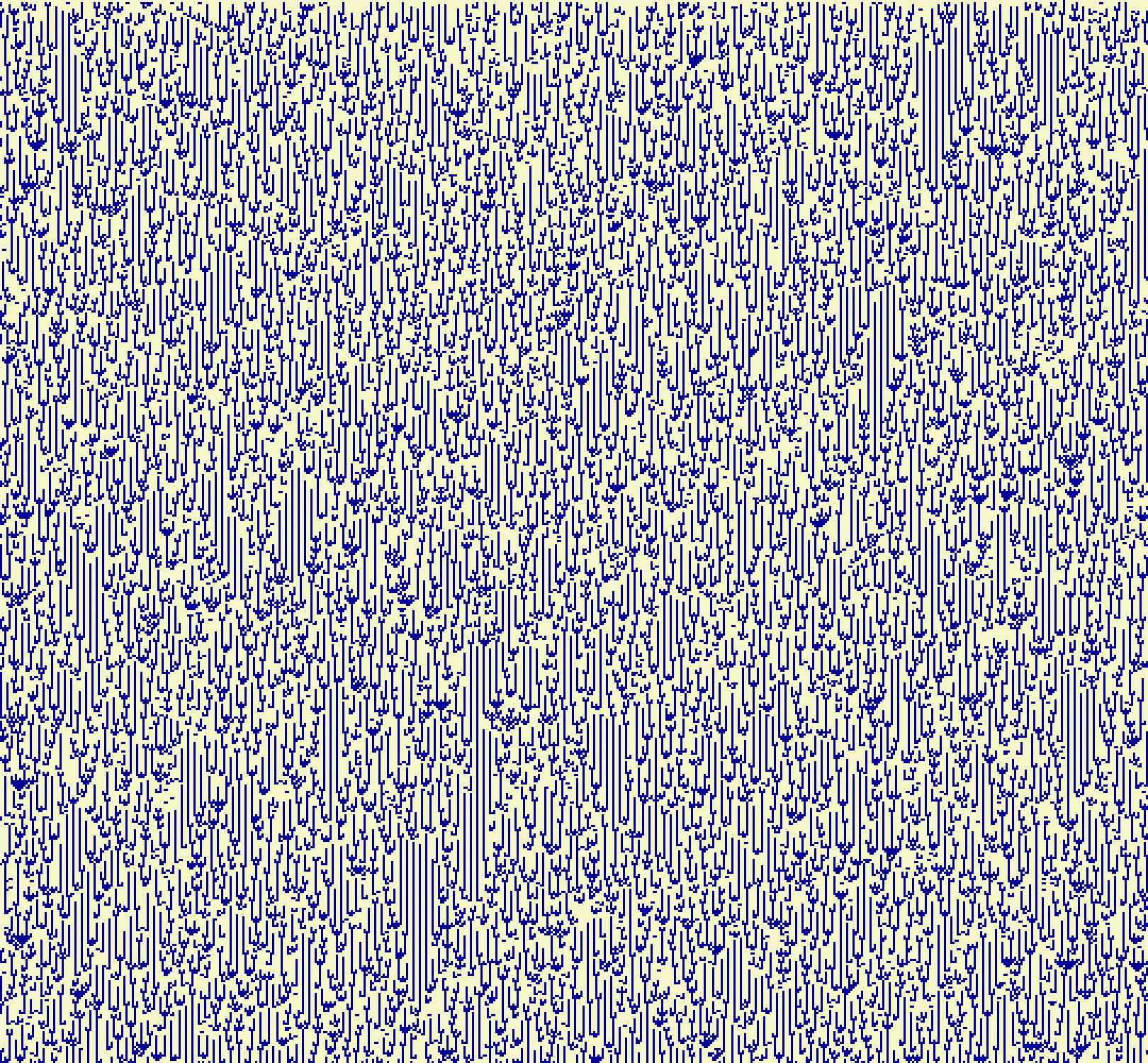
February 29 - March 02, 2024 (hybrid)
Third Asian Symposium on Cellular Automata Technology
(ASCAT 2024)
This is the third edition of the Asian Symposium on Cellular Automata Technology (ASCAT), to be held from February 29 to March 02, 2024. The Second edition of ASCAT (ASCAT 2023) was held in hybrid mode on March 02-04, 2023 . This time the event is also organised in hybrid mode.The Department of Computer Science and Engineering, National Institute of Technology, Durgapur(NIT, Durgapur) officially organizes the symposium on its West Bengal, India campus.The symposium aims two-fold: to nurture cellular automata theories and explore cellular automata as technology. So all the theoretical aspects of cellular automata and their applications in any domain are within the scope of this symposium.
Since long, India has played a significant role in research on cellular automata (CAs): theory and applications. Several workshops and seminars on CAs have also been organized in India. Not only India, other Asian countries like Japan, Turkey, Vietnam, Taiwan, etc., also contribute significantly in Cellular Automata research. In fact, to this date, an essential part of research in cellular automata, both in terms of quality and quantity, comes from the Asian community of CAs researchers. Many of them work in the domain of Cellular Automata Technology. This symposium can be seen as a consequence of the contributions of these researchers.
In the recent past, during the pandemic period, some of the Indian researchers have come forward in creating a virtual research group, Cellular Automata India, where most of the cellular automata researchers and scientists from India, as well as many renowned scientists from around the globe have joined. Two webinar series were already organized from this platform where eminent scientists delivered invited talks and shared their research with the audience. A lecture series in memory of John Horton Conway was also organised during April, 2021, and later an edited book (The Mathematical Artist: A Tribute to John Horton Conway) was published, including the lectures and some invited articles. The recording of the events are available at Cellular Automata India YouTube channel. The ASCAT can be considered as an annual event of this virtual group.
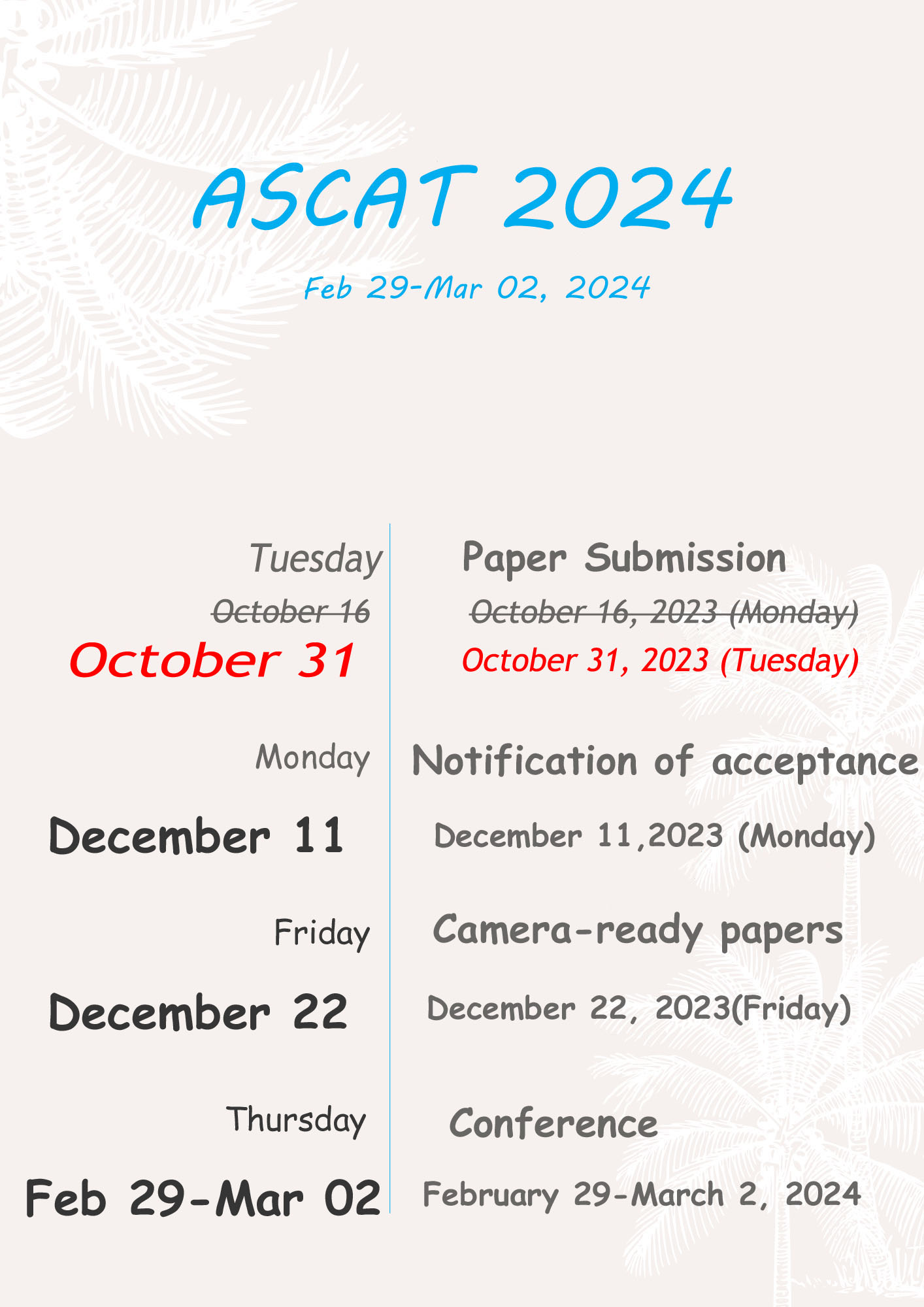
Topics
The symposium aims two-fold: to nurture cellular automata theories and explore cellular automata as technology . In particular, the topics of interest include (but is not limited to) the following:
Algebraic and Theoretical aspects of CA
Cellular Automata Models and Computation
Non-uniformity in Cellular Automata
Cellular Automata, Hardware Design and Security
Quantum-dot Cellular Automata
Cellular Automata, Machine Learning and Artificial Intelligence
Emerging Applications of Cellular Automata
ABOUT
The symposium is organized by Department of Computer Science and Engineering, National Institute of Technology, Durgapur
Invited Speakers
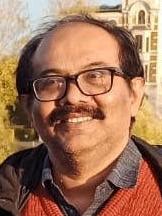
Department of Computer Science & Engineering,
Indian Institute of Technology,
Kharagpur, India
Title: The power of Pretraining.
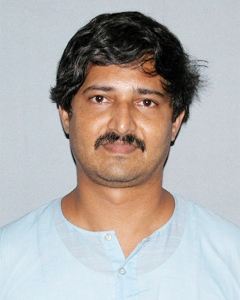
Retired Professor,
Institute of Mathematical Science,
Chennai, Tamil Nadu,
India
Title: Signalling automata in neighbourhoods and large games.
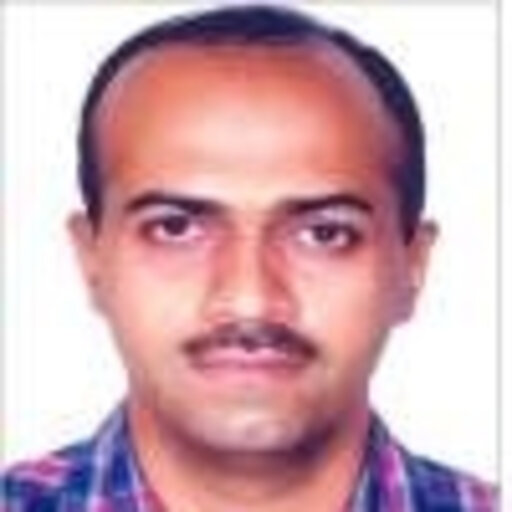
TCS Innovation Labs,
Tata Consultancy Services Limited,
Mumbai,India
Title: Appplication acceleration with in memory Computing Technologies
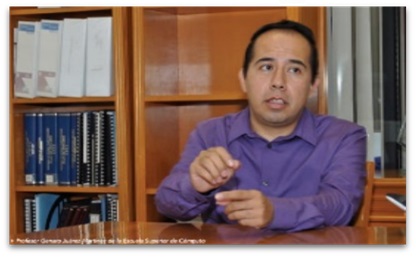
Computer Science Laboratory,
Escuela Superior de Cómputo,
National Polytechnic Institute,
Mexico
Title: Cellular Automata in Robots
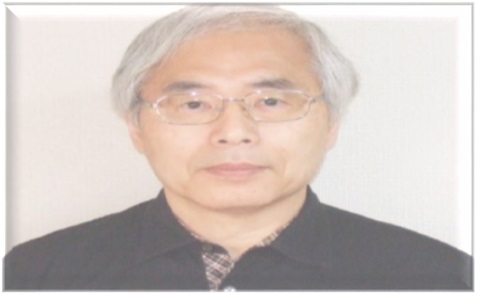
Professor Emeritus, Hiroshima University,
Hiroshima, Japan
Title: Making and using a rotary element in reversible cellular automata
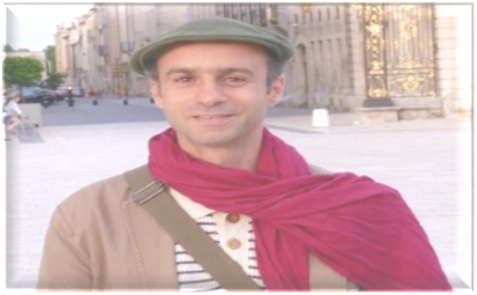
Researcher,
Loria lab, Inria,
France
Title: Between determinism and randomness : self-diagnosis and other ``self-star’’ properties in cellular automata
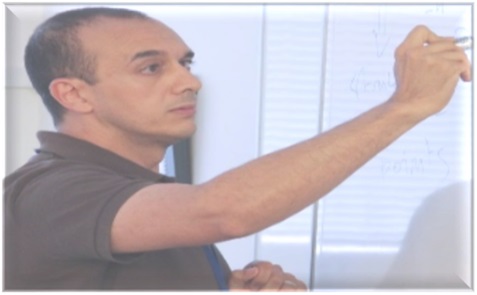
Department of Mathematics,
University of Bejaia
